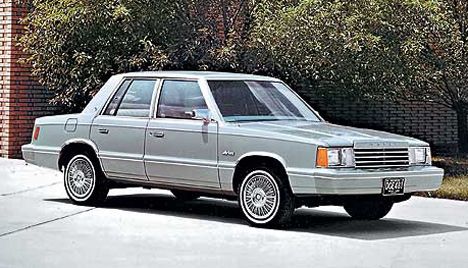Late yesterday, President Bush signed a bill that gives the U.S. automobile manufactures $25 billion in loans (this was part of a larger $634 billion energy bill.) What this means for auto companies is that they will be able to borrow multiple billions of dollars at a five percent interest rate (ten percent lower than they currently could on the open market.) The savings is the equivalent to $100 million for every billion borrowed.
Detroit has been lobbying for this financial support for a few months now, but this rescue funding is not exactly available today. Since the loans are part of an energy bill, the disbursement now comes under the Department of Energy. Energy Secretary Samuel Bodman warned in a letter last week that it could take "six to 18 months or more" to approve and award funds.
Chrysler has been down the road of government loans before. In December 1980, a near-bankrupt Chrysler was given $1.5 billion in loan guarantees. The loans were a controversial policy at the time; opponents believed that a business in a free market should fail on its own.
Chrysler used the money to develop the K-Car platform -- a front wheel drive platform that underpinned everything from small cars like the Dodge Aries to the first two generations of Chrysler minivans. The “K-Cars” helped sales rebound at Chrysler, and it paid all loans back within three years (six years ahead of schedule).
According to the Bureau of Labor Statistics, the $1.5 billion Chrysler was loaned in 1980 would be equivalent to almost $4 billion today. This means Chryslers’ potential share of the $25 billion in loans is bigger than the one that saved it almost three decades ago.
.

